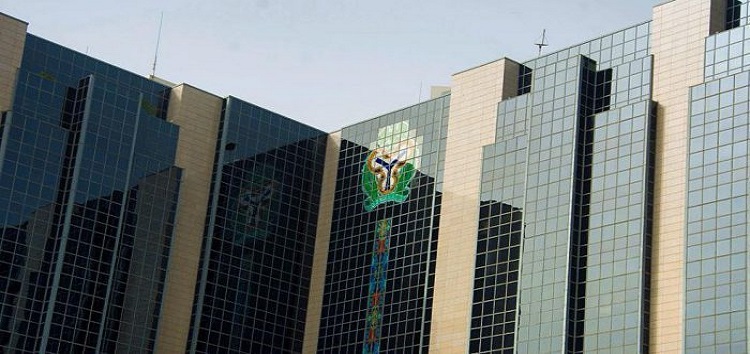Nigeria’s central bank fines 3 commercial banks $1.9 million for cryptocurrency transactions

The Central Bank of Nigeria (CBN) has penalized three companies for failing to comply with cryptocurrency transaction ban restrictions.
The CBN imposed a prohibition on all cryptocurrency transactions and a regulation policy on all commercial lenders in February 2021. This decision was reached after the CBN determined that these transactions posed a risk to the Nigerian financial system.
Most banks and financial institutions closed the accounts of people or businesses that deal or operate in cryptocurrencies as a result of the CBN’s mandate.
Stanbic IBTC bank has been fined roughly 200 million naira ($478,495) by the CBN for two individual accounts that were allegedly involved in crypto transactions. The Chief Executive Officer, Wole Adeniyi stated this during an investor conference call on Tuesday.
According to Stanbic IBTC Bank’s CEO, the company has always obeyed CBN directives, and the transaction for which it was sanctioned must have gone undetected.
He explained that the central bank was able to detect these prohibited transactions using a “advanced capability” that is not available to Nigerian banks.
“It doesn’t appear that they will consider a refund,” Adeniyi continued, “but they are now sharing intelligence with us in order to dissuade clients.”
Access Bank Plc was also fined 500 million naira by the CBN for failing to follow compliance.
The restrictions, according to Bloomberg, are part of the CBN’s efforts to crack down on cryptocurrency trades. It was also disclosed that the CBN has the ability to detect bitcoin transactions that may have gone unnoticed by commercial banks.
Among the banks affected include Stanbic IBTC Bank, Access Bank Plc, and United Bank for Africa.







